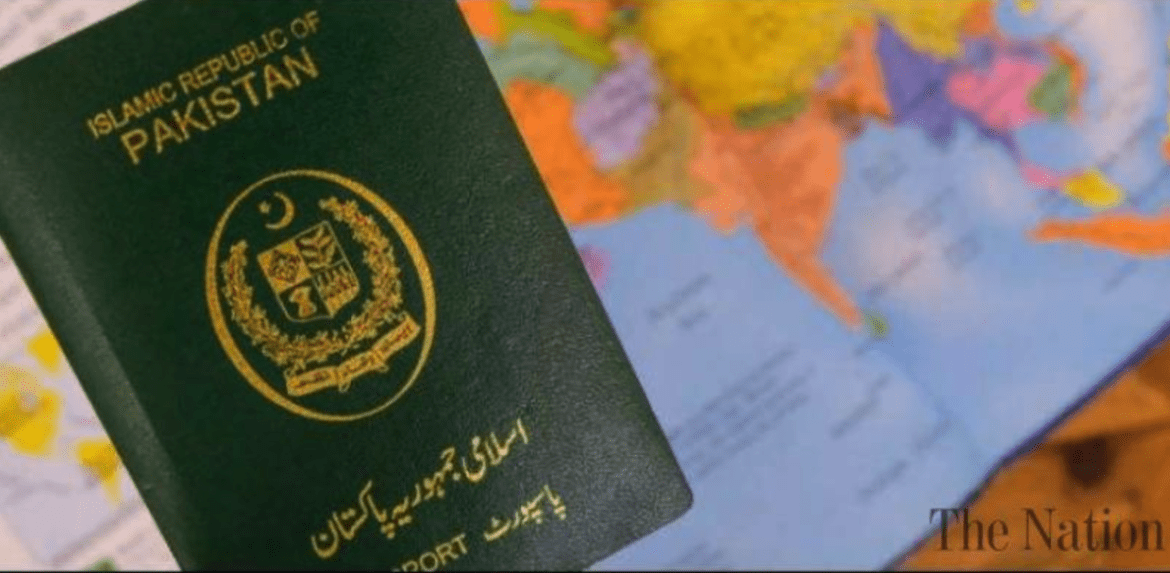Islamabad Introduces Investor-Friendly Visa Policy
The Government of Pakistan has announced a new special visa program designed to attract foreign investors and boost the country’s economic activity, following a regional trend of easing travel policies such as Saudi Arabia’s recent decision to lift visa restrictions for Umrah pilgrims. The initiative marks a significant step toward creating a more open and business-friendly environment, particularly for entrepreneurs seeking opportunities in emerging South Asian markets.
According to officials from the Ministry of Interior, the new policy will allow the issuance of business visas to foreign nationals interested in investing or conducting trade in Pakistan. The policy forms part of Islamabad’s broader economic strategy to encourage foreign direct investment (FDI) and to simplify the process of doing business within the country.
Multiple-Entry Business Visas for Greater Flexibility
Under this policy, foreign businesspersons will be eligible for multiple-entry visas, allowing them to travel in and out of Pakistan with ease. This approach aims to facilitate consistent engagement in trade and investment activities without the bureaucratic delays that often discourage investors.
Officials noted that this step is intended to remove procedural hurdles and make it easier for investors to participate in Pakistan’s growing sectors such as energy, information technology, manufacturing, and infrastructure development.
The business visa will reportedly be issued for an extended duration, depending on the size and nature of the proposed investment. This is part of the government’s strategy to make Pakistan a more predictable and reliable destination for global businesses.
Opportunity for Afghan Traders
A noteworthy aspect of this program is its inclusion of Afghan citizens, who will now be eligible to apply for business visas under the new scheme. This policy is expected to help Afghan traders establish or continue their legal business operations in Pakistan, particularly in border regions and key commercial hubs such as Karachi, Peshawar, and Quetta.
The move could also help formalize much of the informal trade that currently takes place between the two neighboring countries. Analysts suggest that easing travel and business restrictions for Afghan nationals could significantly improve bilateral trade, which, according to Pakistan’s Commerce Ministry, exceeded $1.5 billion annually in recent years before slowing down due to political and border challenges.
Strengthening Regional Economic Ties
Pakistan’s special visa initiative is part of a wider regional strategy to enhance economic cooperation in South and Central Asia. By encouraging legal trade and cross-border business partnerships, Islamabad hopes to position itself as a gateway between Central Asia, China, and the Middle East.
Economic experts have welcomed the program, saying it aligns with Pakistan’s efforts to attract FDI and create a more investor-friendly environment. The Board of Investment (BoI) has been working in tandem with the Ministry of Interior to streamline investment procedures, aiming to bring Pakistan’s policies closer to those of regional competitors like the United Arab Emirates and Malaysia.
Economic Significance and Future Outlook
Pakistan’s economy, which faces persistent challenges such as low foreign reserves, inflation, and limited export diversity, could benefit substantially from a more liberal visa regime. According to the State Bank of Pakistan, the country received around $1.7 billion in FDI during the fiscal year 2023–24, mainly from China, the United Kingdom, and the United States. The government hopes the new program will push these numbers higher.
The initiative is also expected to create new employment opportunities, particularly in export-oriented industries, and encourage technology transfer through partnerships with foreign companies. Furthermore, it may boost tourism and services linked to international business travel.
A Step Toward Economic Revival
In conclusion, Pakistan’s new special visa program represents a forward-looking move to attract global investors, facilitate cross-border trade, and foster stronger regional economic ties. By extending this opportunity to Afghan traders and simplifying entry procedures for international businesspersons, the government aims to project Pakistan as a dynamic and accessible market within Asia.
If implemented effectively, the policy could serve as a catalyst for economic revival, encouraging long-term growth and greater integration with the regional and global economy.















